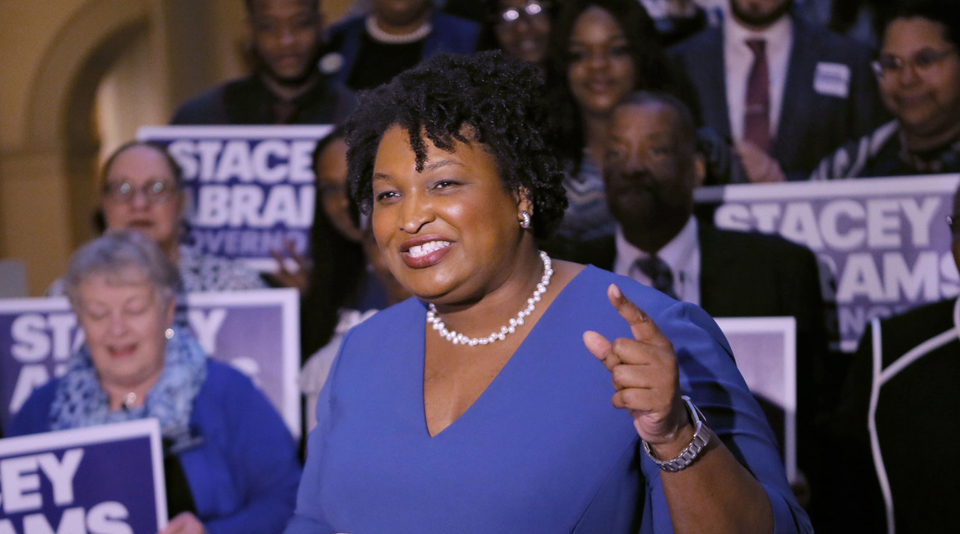A new study finds assertive black women leaders are viewed positively while just as assertive white women in the same roles are viewed negatively. Why?
When comparing leadership styles, it’s often been proven that men who are more assertive are viewed positively, while women who exhibit dominant behavior are viewed negatively. But what happens when you add race to the equation? Does the perception of leadership styles between men and women remain the same? According to study released earlier this month, an interesting phenomenon takes place that turns that commonplace perception on its head–that is, at least for black women.

The collaborative research effort from Duke University’s Fuqua School of Business and the Kellogg School of Management at Northwestern University found that black women in leadership roles who show dominant behavior see less of a backlash than their white female or black male counterparts—ergo, putting black women on par, in this respect, with white men.

In an online survey of 84 non-black participants, subjects were asked a series of questions based on eight different scenarios of fictitious executives either communicating dominant or communal behaviors. A forceful and direct leadership style reflected negatively on white females and black males but positively for white men and, surprisingly, black women.

“There’s this idea that acting dominantly is explicitly proscribed for white women and explicitly proscribed for black men,” says Ashleigh Shelby Rosette, co-author of the study and an associate professor at Duke. “However, for black women there is this stereotype out there of the ‘angry black woman.’ Some of these behaviors we often think of as extremely negative but actually, if you think about it, that angry black woman stereotype is also congruent with things like being aggressive, dominant, assertive, and self-assured—and those are our typical leader characteristics.”

Rosette attributes the study’s results to the theory of prototypical social perceptions. When most people think of “race,” they think of a black male. When most people think of “women,” they think a white female. Because black women essentially fly under both of those radars, they’re examined differently with the notion that they’re practically impervious to negative evaluations. “Black women aren’t just a mirror image of white women—they occupy a new and unique space,” says Rosette.

So the question remains: How can black women work these findings to their advantage? The answer, unfortunately, isn’t so simple. “When a black woman occupies a leadership position, she may have more behavioral freedom than we previously thought to communicate more forthrightly and recognize that she won’t necessarily be penalized because of that,” says Rosette. “But the presumption in our research is that she currently occupies the position. It’s completely counterintuitive to what we thought would happen when black women occupy these top positions, but the next aspect is how do we get them into these positions.”








